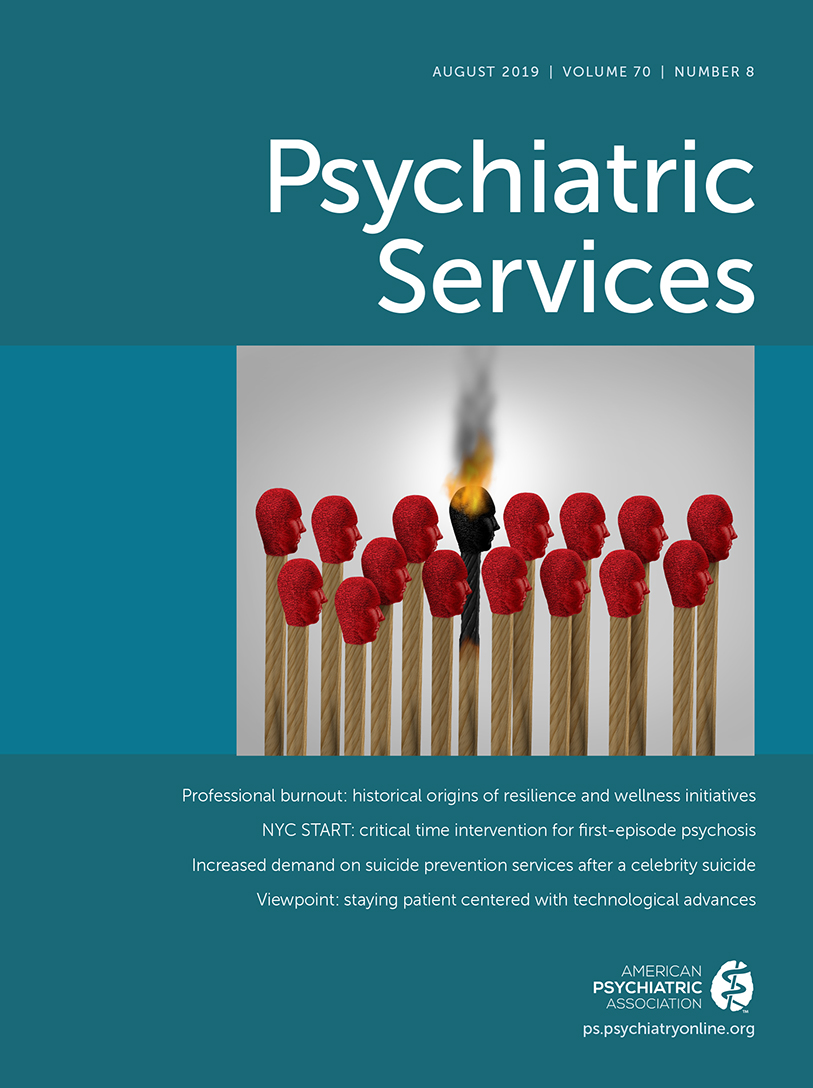Designing an Academic-Community Telepsychiatry Partnership to Provide Inpatient and Outpatient Services in a Critical Access Hospital
Abstract
To expand access to mental health treatment in an underserved area, the University of Washington (UW) and Dayton General Hospital (DGH) entered into a partnership to provide comprehensive telepsychiatry services to individuals living in rural Columbia County. Outpatient care is provided by behavioral health consultants at two DGH-affiliated primary care clinics in consultation with a UW-based psychiatrist with expertise in addictions. Inpatient care is supported by regular consultation with UW psychiatrists as well as unscheduled “curbside” consults with attending UW psychiatrists. Patients with complex treatment options can participate in direct videoconferencing sessions with a UW psychiatrist.




